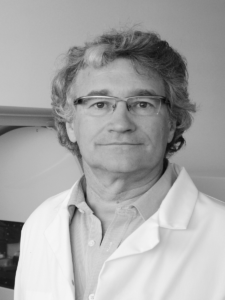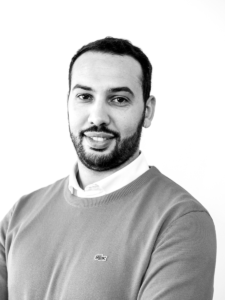Five researchers receive the 2021 Montpellier University of Excellence Innovation Awards
The jury for the third edition of the Montpellier University of Excellence Innovation Awards, chaired by Franck Molina, Director of SyS2Diag and winner of the 2020 Innovation Award, has selected five researchers from the site who are committed to innovative approaches that open up new economic, technological, or societal avenues for new uses.
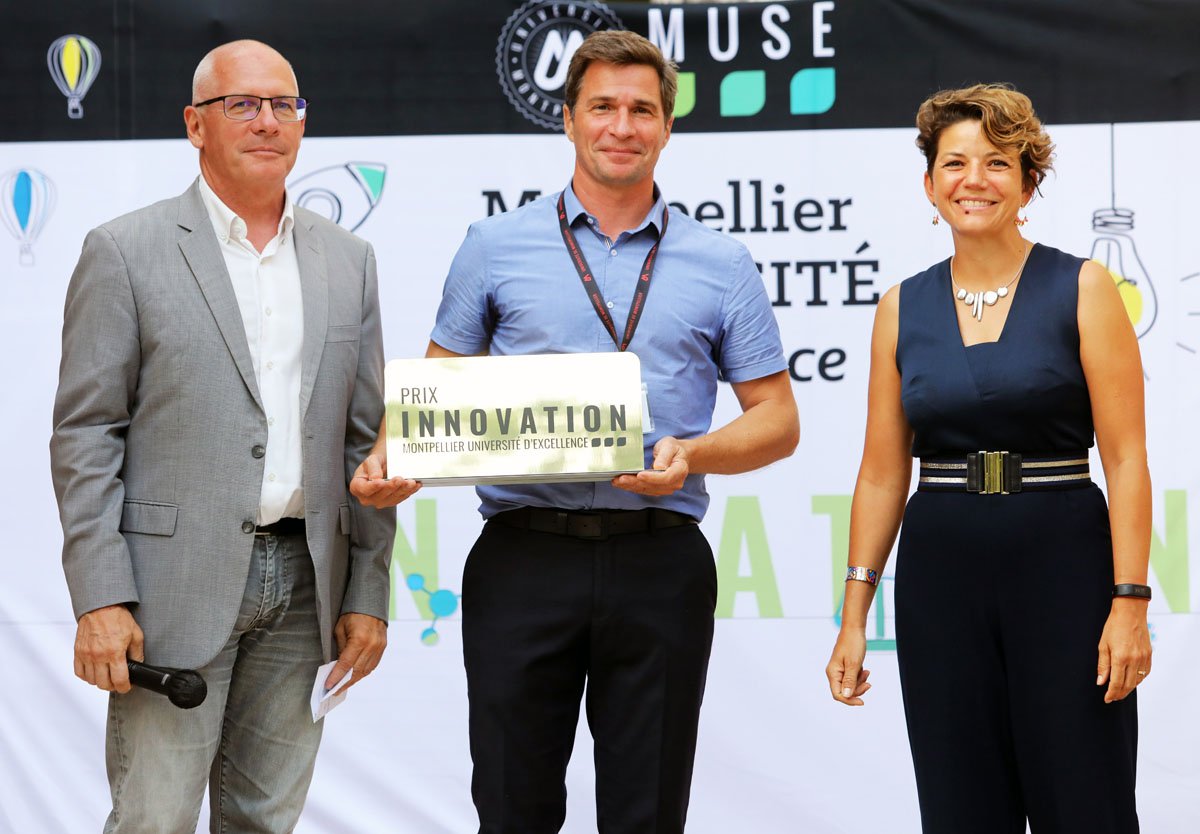
François Pierrot, Executive Director of I-SITE MUSE, and Magali Roubieu, Administrative Director, flank Franck Molina, winner of the 2020 edition and President of the jury for the 2021 Montpellier University of Excellence Innovation Awards.
A total of 24 applications were received. After deliberation, the jury selected the most outstanding application in terms of impact, innovation, and novelty for each of the five research areas at Montpellier University of Excellence. The winners will receive a personal prize of €3,000.
The five 2021 Innovation Awards are:
Magali GIES, Postdoctoral researcher at CIRAD (UMR Qualisud)
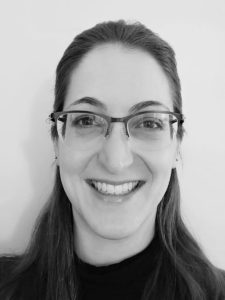 Agronomy – Environment – Biodiversity Division
Agronomy – Environment – Biodiversity Division
Magali Gies obtained her PhD in 2019 at the University of Montpellier, during which she developed a functional food based on fermented cereals, probiotic, plant-based, with cholesterol-lowering potential thanks to the incorporation of phytosterols. Malnutrition/overnutrition is a global issue that affects all populations, regardless of social background. This food is therefore intended for populations in newly industrialized countries, where the prevalence of metabolic syndrome is growing exponentially. Magali Gies is currently continuing her work through the PROMET project (MUSE project funding) as a postdoctoral researcher at CIRAD.
Alain THIERRY, Researcher at Inserm (UMR IRCM – Montpellier Research Institute)
Alain Thierry is currently Inserm Research Director at the IRCM and heads the "Biomarkers for Precision Medicine in Oncology" team. Fifteen years ago, he began fundamental research on circulating DNA, which quickly revealed strong potential for clinical applications and innovations. Today, this work makes it possible to determine the choice of treatment, detect residual disease after surgery, monitor recurrence, and detect resistance to treatment. Alain Thierry's team is considered one of the best in the world in this field.
Habib BELAID, Postdoctoral researcher at the CNRS (UMR IEM European Institute of Membranes)
Habib Belaid is a postdoctoral researcher atthe European Institute for Membranes (IEM) in Montpellier. His work focuses on the synthesis and characterization of biomaterials for healthcare applications. His research has led to the development of new formulations of printable composite materials with biocompatible and bioresorbable properties, as well as bioactive and antibacterial properties. The launch of a new product and service will address a major health issue in the field of bone tissue engineering in dentistry and oncology.
Vincent CREUZE, Professor the University of Montpellier (UMR LIRMM – Montpellier Laboratory of Computer Science, Robotics, and Microelectronics)
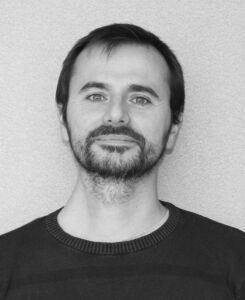 Mathematics, Computer Science, Physics, and Systems Division
Mathematics, Computer Science, Physics, and Systems Division
Vincent Creuze's work focuses on "small" underwater robots weighing less than 100 kg designed at LIRMM. These innovations are now used daily by French archaeologists at depths of up to 2,500 meters, both for scientific missions to study and preserve heritage and for missions of public interest. Vincent Creuze has been working since 2014 in collaboration with the Ministry of Culture, Department of Underwater and Underwater Archaeological Research. Thanks to these innovations, France is currently the leading country in the daily use of robots specialized in underwater archaeology. France's expertise in deep-sea archaeology is recognized worldwide by archaeologists and scientists and receives significant media coverage.
Sophie SPRING, Lecturer and researcher at the University of Montpellier (UMR MRM – Montpellier Research Management)
Sophie Spring has designed a serious game dedicated to raising awareness among business project leaders about the challenges of corporate social responsibility (CSR). Incubagame is a free game, open to all, downloadable on computers, phones, or tablets. The gaming experience is unlimited and offers access to simple and user-friendly educational resources. The aim of the game is to explore key issues in business creation (suitability of the project for the creator, market positioning of the offering, legal and financial structure) by including parameters related to CSR considerations from the project development phase onwards.
About the Innovation Awards
The "Montpellier University of Excellence Innovation Awards," launched in March 2019, aim to highlight researchers, Professors staff from institutions and organizations within the MUSE consortium who are at the heart of innovation initiatives in each of the five MUSE research clusters, focusing on projects that are particularly innovative, especially in terms of their expected impact. A call for applications is sent out to all staff, and applications are evaluated by a jury composed of prominent figures from the worlds of higher education, research, and socio-economics.
- Video recap of the 2020 Innovation Award on the University of Montpellier YouTube channel
